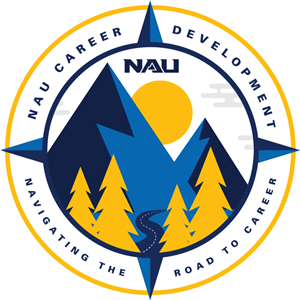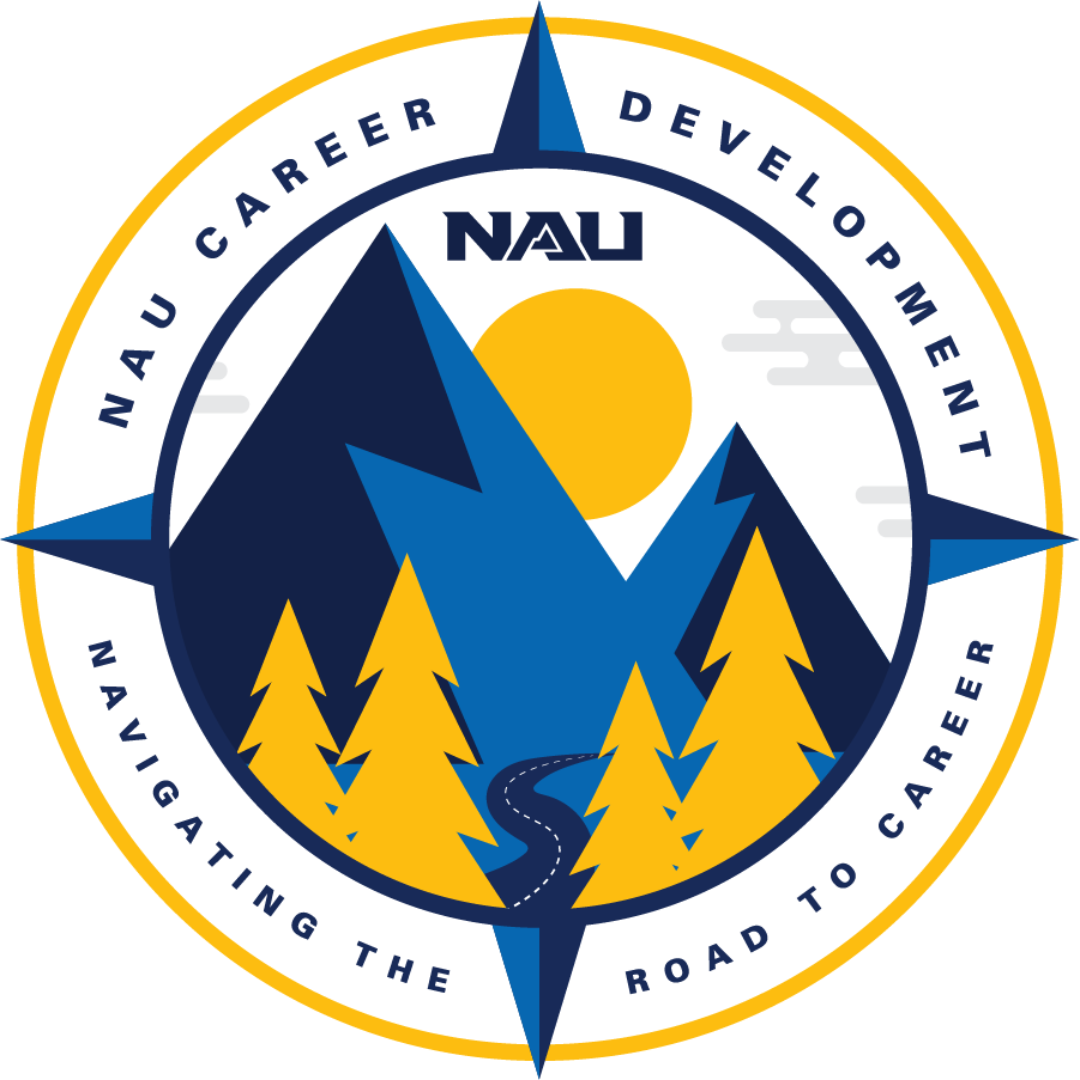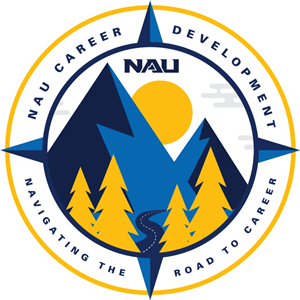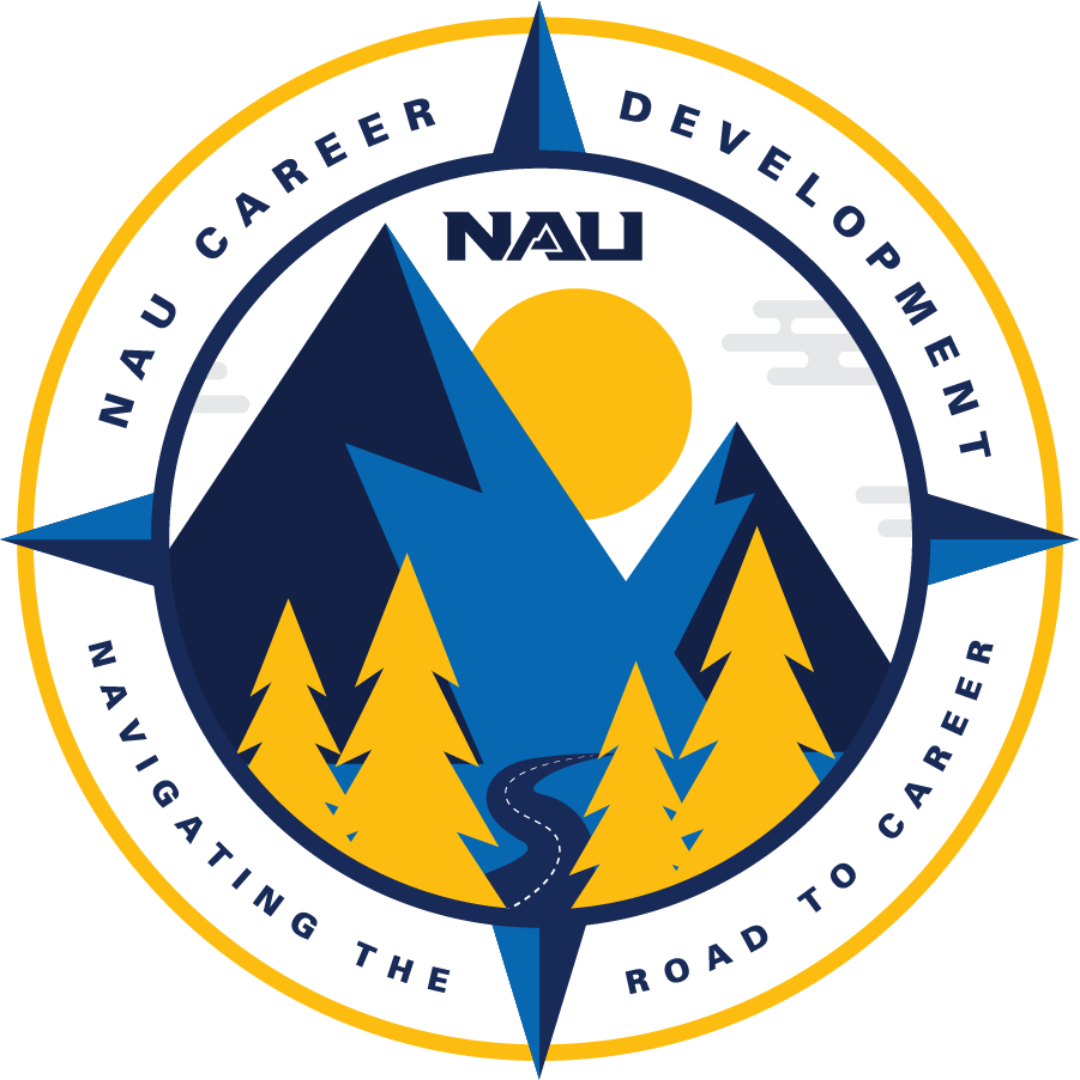Career and Major Exploration
Knowing yourself and exploring your options
For most people, choosing a major or career is a challenging decision because there is so much to consider. Have you ever found yourself wondering: How can I find a major that I will enjoy? Will I be able to succeed academically in a given major? What career will lead me to professional happiness and success? Do I need a specific major for my career?
To effectively choose a major or career, you should have a good understanding about who you are and what is important to you. To know yourself better and check out your options:
Explore your interests Accordion Closed
So often, individuals do not consider the idea that their everyday interests can play a major role in selecting a major or career. Interests are activities and pastimes that give you a level of enjoyment and satisfaction. To be successful in any career, you will need to invest a great deal of energy. This is more likely to happen if you choose something that genuinely interests you. Some questions to assist you as you consider your interests are:
- What do you do in your free time?
- What school subjects do you like?
- What topics do you enjoy hearing about or discussing?
- What social or community groups are you involved in?
- What internet sites do you browse?
Consider how the interests you identified can be integrated into a major or career.
If you want another perspective while determining your interests, you may want to consider the following assessments:
My next move: Select the “Tell us what you like to do” tab.
Explore your values Accordion Closed
Values are very important when it comes to choosing a career. Research suggests that in order to truly enjoy your work, your values need to be honored. In terms of choosing a major or career, values relate to the culture of a work environment. For example, some people may value an organization that is highly structured while others may want flexibility. Some people may value a big salary while others place a higher value on a low stress work place.
So, how do you assess your values? Consider a time when you were at your best—when you felt or thought that things were going well. Often, reviewing these key times will reflect your personal values. For example, if you worked hard with a sports team, gave it your all, and attained a significant goal, some values that might be important to you could include achievement and teamwork. To help identify your values, think about:
- An event or time period when you were at your best.
- What was it about that time that was important to you?
To learn more about the values that are most important to you and how they can relate to the culture of a work environment, check out some of the links below:
Explore your skills Accordion Closed
There are two types of skill sets that employers seek: interpersonal skills and functional/technical skills.
Interpersonal skills are skills that relate to a person’s relationships. Employers consistently seek students with well-developed interpersonal skills. Some of the top skills that employers report they desire in employees include: communication skills (both verbal and written), teamwork, leadership, initiative, analytical thinking, flexibility, adaptability, and problem solving.
Functional/technical skills are skills that are usually measurable in one way or another. For example, a person could have an advanced skill set in mathematics or science. You will develop these skills through course work in your major. You can explore the required courses for specific degrees by reading the NAU Academic Catalog.
My Skills My Future and What Can I Do With This Major? are additional tools that can help you find potential occupations related to previous jobs or classes that you have enjoyed. The National Association of Colleges and Employers (NACE) publishes an annual list of the top Transferable skills handout that employers seek in new graduates. Review list below and consider some of the ways in which you can develop these skills while at NAU.
Explore your personality Accordion Closed
Personality reflects the “totality of an individual’s behavioral and emotional characteristics” (Webster’s). Basically this is just a complicated way of saying who you are as a person is reflected by your everyday behavior and preferences. Ultimately, you may be happier if you can find a career that best suits your personality.
So the next question becomes: how can you evaluate your personality? Some people may know themselves quite well already. They may understand their motivating behaviors and their emotions. For others, they may find value in asking for the opinions of friends and family regarding their personality. Still, other individuals may want to take advantage of a personality assessment to help them gain an understanding of their unique characteristics.
Below are some personality tests to help you learn more about how your personality may show up in your classes and/or future career:
Explore your needs and wants Accordion Closed
It’s fun to consider all of the possibilities that come to light when given an environment with no restrictions. Reality, however, requires that we take into account outside factors that could otherwise influence our decision of a career. Some examples include:
- Time – Do you have a particular timeline to get a job, make a decision, and finish school?
- Geography – Do you want to live in a certain area?
- Financial – Do you have a certain salary range you want or require?
- Family – Do you have certain family obligations or considerations? These may impact your choice of organization and/or location.
- Cultural – Are there any special cultural traditions that will influence your choice?
- Legal – Are there any legal issues affecting your options?
- Work Environment – Is there a specific physical setting you desire in your work such as outdoor work or work that takes place in an office setting?
Below are some resources to help you explore further:
Explore your career possibilities Accordion Closed
Understand the relationship between majors and careers and consider careers that typically correlate with certain majors.
- What can I do with this major?
- Occupation search
- Search or browse careers
- U.S. Bureau of Labor Statistics: Occupational Outlook Handbook
- Handshake
- Indeed
- NAU Career Guide: Informational Interviewing (PDF)
- The Smart Axe Guide to Careers: How can informational interviewing benefit me? (And what is it?!)
- The Campus Career Coach: Informational Interviewing (PDF)
Explore your strengths Accordion Closed
Succeed by discovering and developing what you naturally do best.
- NAU Career Development: Start with Strengths
- VIA Character Assessment
- Interest Profiler



